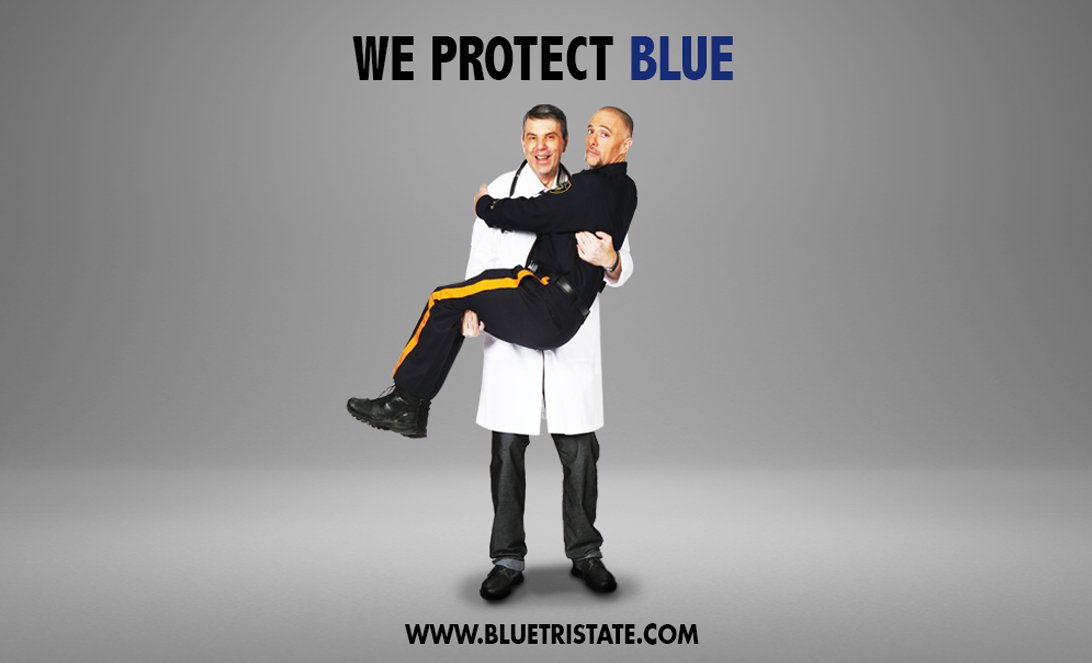Free Palestine… From HAMAS!
/Free Palestine… From HAMAS!
Lt. Patrick J. Ciser (ret.)
October 7th, 2023 was undoubtably, Israel’s 9/11, as Islamic terrorists savagely attacked Israeli civilians from Palestine’s Gaza Strip. Most of us who saw the pictures and videos as well as news reports were horrified at the brutal surprise attack and massacre. This was not an army attacking military or even police targets, but the slaughter of innocent families. 260 young people celebrating at a festival were among the first victims when gunfire replaced music as the revelers attempted to run for their lives. Young girls were not only shot or stabbed, but found brutally gang raped as a few even had their pelvis broken from the barbaric attacks. A nearby kibbutz near Sderot, and about ¼ mile from the Gaza strip, was another target of HAMAS’ (Harakat Al-MuqawamahAl-Islamiyyah) unrelenting savagery. Not to be outdone by ISIS, another Islamic terrorist group known for their barbaric atrocities, HAMAS,savagely killed families in their homes, and tortured many before they died, gang-raping mothers and daughters in front of their husbands and fathers, cutting heads off babies, and even putting a couple of babies in ovens, burning them alive. Their goal, apparently, was to cause complete terror in their victims, and perhaps, shock the world. After slaughtering an estimated 1,200 people, they would then round up 240 hostages to bring back to the tunnels of Gaza. A legitimate army takes prisoners of war, while criminal terrorists kidnap women and children, including toddlers and the elderly.
“HAMAS, militant Palestinian nationalist and Islamist movement in the West Bank and Gaza strip that is dedicated to the establishment of an independent Islamic State in historical Palestine. Founded in 1987, HAMAS opposed the secular approach of the Palestine Liberation Organization (PLO) to the Israel-Palestinian conflict, rejecting attempts to cede any part of Palestine, and embraced the use of violence, including acts of terrorism, as a means to achieve its goal.” (Britannica)
HAMAS, ISIS, Islamic Jihad, Hezbollah, Al-qaida, and other terrorist organizations who are hell-bent on killing all infidels (non-believers) need to be delt with accordingly, as you can not reason with their extreme ideology.
In 1948, when Israel declared itself a nation, several surrounding Islamic countries, including Egypt, Jordan, Syria and Lebanon, agreed to simultaneously attack Israel and wipe it off the face of the earth. Unfortunately for them, and against all odds, the fledgling, yet tenuous nation fought back hard and successfully defeated them all. Militant neighbors would attack again in 1967, during the six-day war, only to lose more land as a result. Later, in 1979, Israel would return the Sinai back to Egypt in exchange for peace. Israel’s critics say that they should give back Jordan’s West Bank. By that logic I imagine that the United States should return Texas-California back to Mexico. In 2005, Israel withdrew from Gaza believing it could appease the Palestinians to some degree. However, the Palestinians voted for HAMAS to govern Gaza over Fatah, a more moderate group that aligns with the PLO. Are you aware that Israel’s Parliament, the “Knesset” has two Arab members? Their coalition government, in Jerusalem, has the Islamic “Ra’am” Party as a member organization. Most secular Palestinians want nothing to do with the terrorists, HAMAS, in Gaza, and never go there.
This recent attack, although the most violent by far, is nothing new to Israel, as rocket fire from Gaza, and even Lebanon is quite common; which is why they have the “Iron Dome’ defense system. Because of the incessant mortar attacks and suicide bombings, Gaza imports need to be constantly monitored by Israel. How would you like to live on America’s southern border and not know every night whether your house might be hit by mortar fire, or you might get blown up in a local restaurant? How can anyone live like that? After 9/11 we new that we needed to obliterate Al-qaida, and we did just that. ISIS later popped up, and we dealt with them as well. So why can’t so many people understand that HAMAS also needs to be totally eliminated? If not, it’s like “whack-a-mole” as they keep popping up to attack again and again. Would we, as police officers, allow these vicious murders to run free and kill again?
Iran, funding HAMAS, knew that they had to act now, as Saudi Arabia’s secular crown prince, Mohammed bin Salman, was about to normalize relations with Israel. The prince has made drastic changes, including improving women’s rights, as Saudi Arabia is looking more like Dubai every day. Historically an adversary to Iran, there is currently a power struggle between these Middle East power brokers. The upcoming meeting between the Crown Prince and Israel’s, Benjamin Netanyahu had to be stopped! This forced war by HAMAS puts the prince in a difficult position, not to mention Egypt and Jordan. These leaders would love to see HAMAS destroyed, but it all gets very political.
And while we’re talking about Netanyahu, how is it that he, and the MOSSAD, Israel’s intelligence agency, didn’t see this attack beforehand? Did Netanyahu have enough of living under the threat of HAMAS, with their incessant threats and mortar fire? Did he not realize just how barbaric the attack would be, as he allowed it to happen? Did he need a reason to finally wipe out HAMAS and push for a more benign government. After all, HAMAS charter says that all Israelis need to be wiped out, from the “River to the Sea.”
Pat Ciser is a retired lieutenant from the Clifton Police Department, and a 7th Degree Black Belt. He was a member of 5 U.S. Karate Teams, winning gold medals in South America and Europe. He is the Author of BUDO and the BADGE; Exploits of a Jersey Cop (BN.com/Amazon), and is a guest writer for Official Karate Magazine.































































